The world of construction and landscaping demands reliable equipment, and dump trailers have become essential assets for transporting materials like gravel, soil, and debris. With the growing economy and increasing demand for such services, starting a dump trailer rental business can be a lucrative venture. In this detailed guide, we will explore the steps necessary to establish your own successful dump trailer rental business, alongside valuable insights and strategies to help you navigate this rewarding industry.
Understanding the Market Demand for Dump Trailer Rentals
Analyzing Economic Growth and Opportunities
The construction industry is experiencing a revival as infrastructure projects burgeon and home renovations flourish. With the right strategies, independent entrepreneurs can tap into the burgeoning demand for dump trailers. According to recent market research, the trailer rental market is projected to reach over $35 billion by 2025, driven mainly by growth in residential and commercial sectors.

Identifying Your Target Market
The foundation of a successful rental business lies in understanding whom you are serving. Possible target customers for a dump trailer rental business include:
- Contractors: General contractors often require dump trailers for home renovations, landscaping, and debris removal.
- Homeowners: DIY enthusiasts undertaking home improvement projects may seek rental options for short-term use.
- Landscapers: Landscaping companies regularly need trailers for transporting materials such as soil, mulch, and plants.
- Construction Companies: Larger firms may look for rental options to source equipment for temporary needs without the high overhead costs.
By identifying and catering to these diverse customer segments, we can maximize our business potential.
Legal Considerations and Business Structure
Choosing the Right Business Structure
Starting a dump trailer rental business necessitates deciding on a legal structure. Common options include:
- Sole Proprietorship: Simplicity and full control, but personal liability risks.
- Limited Liability Company (LLC): Protects personal assets and gives operational flexibility.
- Corporation: More complex, provides extensive liability protection, often best for larger operations.
Consult a legal professional to determine the best structure for your specific requirements.

Obtaining Necessary Permits and Licenses
Before commencing operations, ensure compliance with local regulations. This may include:
- Business License: Obtain a general business license or a specific rental business license.
- Zoning Permit: Verify that your business location is zoned for rental operations.
- Sales Tax Permit: If applicable, register for a sales tax permit to manage transaction taxes.
It’s imperative to conduct thorough research on the regulatory landscape in your area to avoid potential penalties.
Crafting a Business Plan
A well-thought-out business plan serves as the backbone of our operation. Here’s how to structure it:
Executive Summary
Begin with an overview of your business, its objectives, and the products offered.
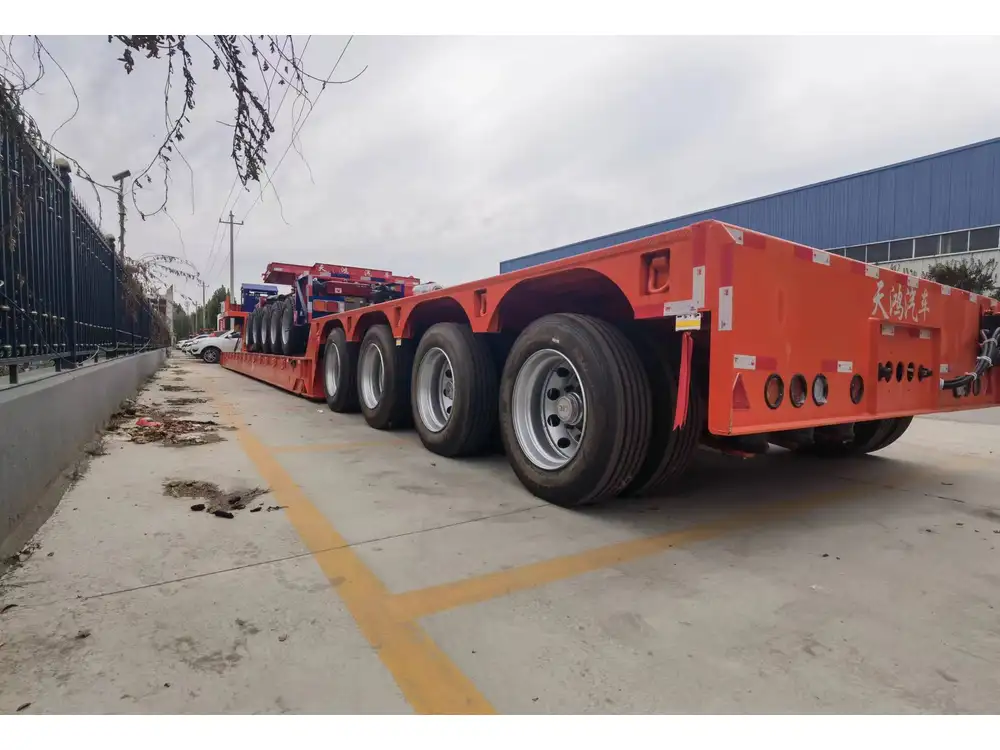
Market Analysis
- SWOT Analysis: Evaluate strengths, weaknesses, opportunities, and threats associated with the trailer rental industry.
- Competitor Analysis: Identify other players in your local market, analyzing their business model, pricing, and service offerings.
Marketing Strategy
Define your marketing approach, including:
- Online Presence: Create a website optimized for SEO, focusing on local searches to enhance visibility.
- Social Media Marketing: Leverage platforms such as Facebook and Instagram to reach potential customers and share customer testimonials.
- Local Advertising: Use flyers, local newspapers, and community boards to inform your community about your services.
Financial Projections
Make informed financial forecasts, including startup costs, income statements, and cash flow estimates. Highlight how you will monetize the rental service and potential growth avenues.

Acquiring Dump Trailers: Selection and Maintenance
Types of Dump Trailers
As a rental business, you will need a diverse fleet of dump trailers. Here are some popular types to consider:
- Single Axle Dump Trailers: Ideal for light-duty tasks; easy to tow.
- Tandem Axle Dump Trailers: Suitable for heavier loads and longer distances; excellent for larger projects.
- Gooseneck Dump Trailers: Offers increased stability and maneuverability for larger hauling tasks.
Sourcing Your Fleet
Decide whether to buy new or used trailers based on your budget:
- New Trailers: Higher upfront costs but less maintenance and better warranties.
- Used Trailers: More affordable, but may require immediate repairs.
Establish relationships with reputable manufacturers or dealers who can provide reliable vehicles.
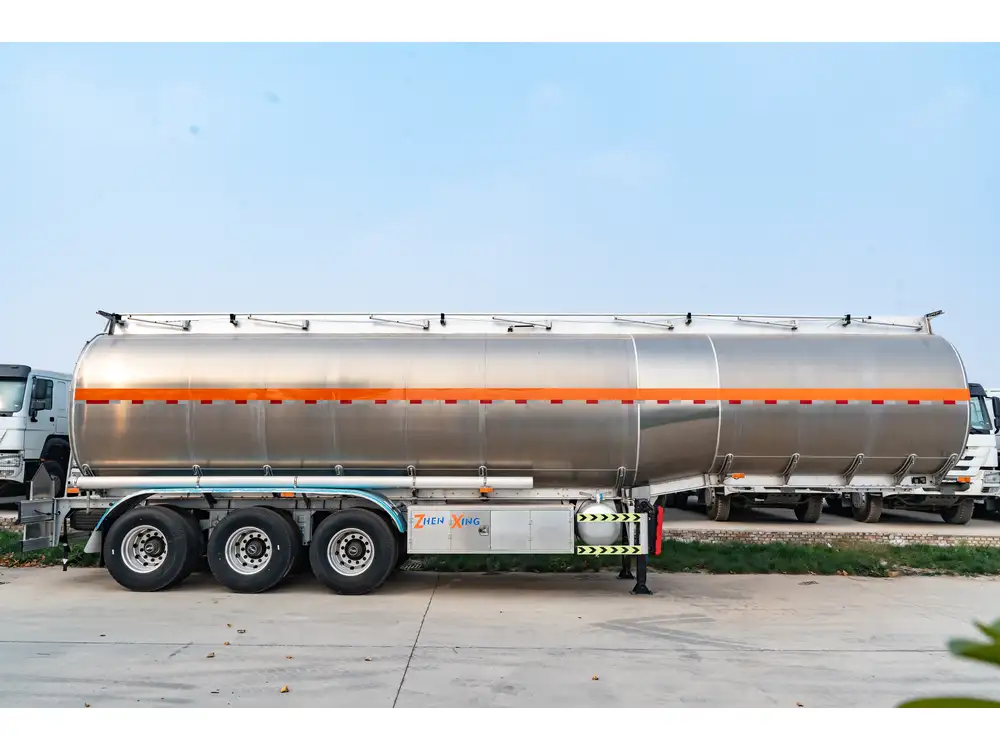
Regular Maintenance and Safety Checks
Establish a maintenance schedule to ensure your trailers are operational and safe for your customers. Maintenance checks should focus on:
- Brake System: Regularly inspecting and servicing the braking mechanics.
- Tires: Checking tire pressure and tread for safe hauling.
- Electrical System: Evaluating lights and brake connections for effective functioning.
Implementing Quality Control
Prioritize customer safety and satisfaction to foster repeat business. Regularly review and upgrade your fleet as necessary. Implementing routine inspections ensures your trailers remain in optimal condition.
Setting Competitive Pricing
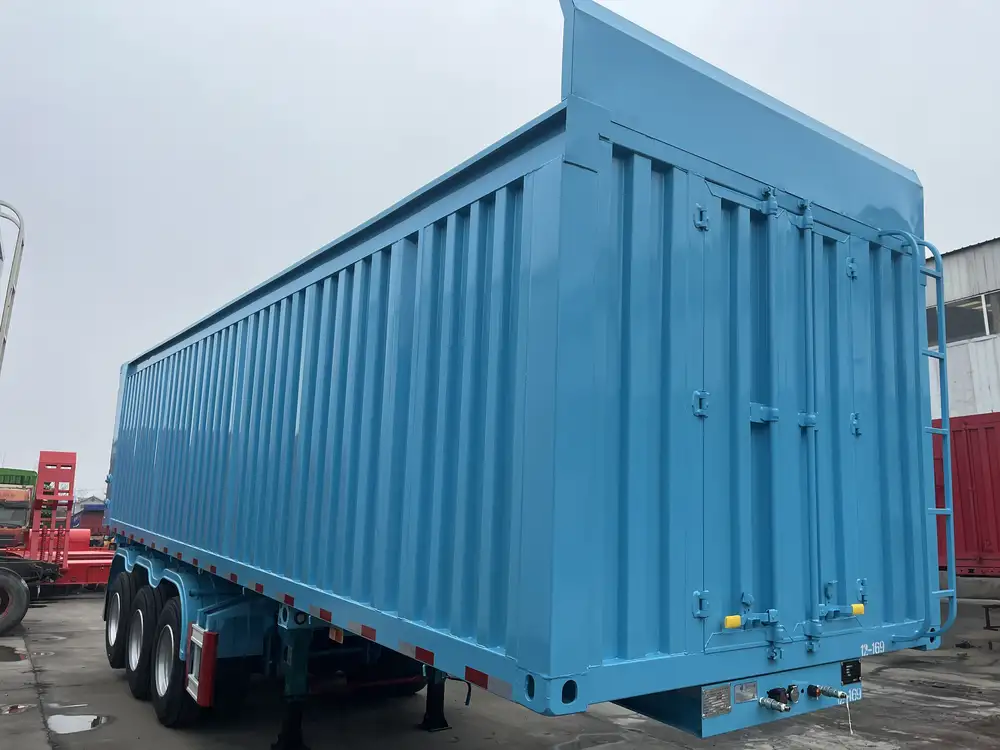
Pricing Strategy Development
Determining how to price your dump trailer rental services requires careful consideration. It’s essential to analyze competitors and the market before establishing rates. Factors to consider include:
- Rental Duration: Daily, weekly, or monthly rental options can cater to diverse customer needs.
- Geographical Factors: Prices may need adjustments based on local demand and competition.
- Additional Services: Consider charging for delivery, pickup, and additional equipment (such as ramps or tie-downs).
Offering Discounts and Promotions
Creating bundled packages or promotional offers can effectively attract and retain customers. For example:
- First-Time Renters: Offer a discount for new customers to encourage trial.
- Loyalty Programs: Implement rewards for repeat customers or referrals.
Developing a Comprehensive Marketing Strategy

Building Your Online Presence
- Search Engine Optimization (SEO): Optimize your website focusing on local keywords such as “dump trailer rental near me.” Enhance your site’s structure, creating relevant content that answers potential customer queries.
- Engaging Content: Publish articles or videos that inform customers on the benefits of dump trailer rentals, how-to guides, and case studies from satisfied clients.
Leveraging Social Media
Utilize platforms like Instagram and Facebook:
- Showcase Your Fleet: Regularly post images and videos of the trailers in action.
- Engage with the Community: Share testimonials and respond promptly to messages.
Utilizing Google My Business
Create a Google My Business profile to enhance visibility:
- Accurate Information: List your services, hours, and location meticulously.
- Customer Reviews: Encourage satisfied clients to leave positive reviews to build credibility.
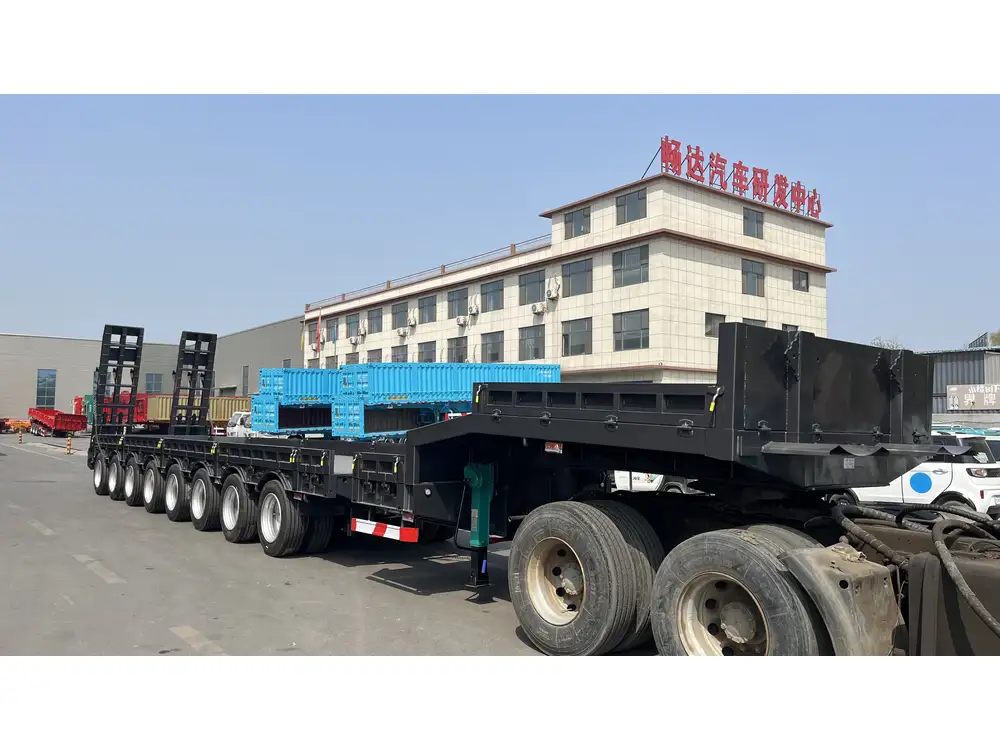
Local Networking
Engage within the community by:
- Sponsor Local Events: Participation in community events can increase brand recognition.
- Join Local Business Groups: Networking with other local entrepreneurs can yield referral opportunities.
Ensuring Excellent Customer Service
Customer Interaction
Every interaction with clients represents a chance to build relationships and trust. Key elements include:
- Prompt Communication: Respond to inquiries swiftly and informatively.
- Education: Inform customers about safety practices and trailer usage.
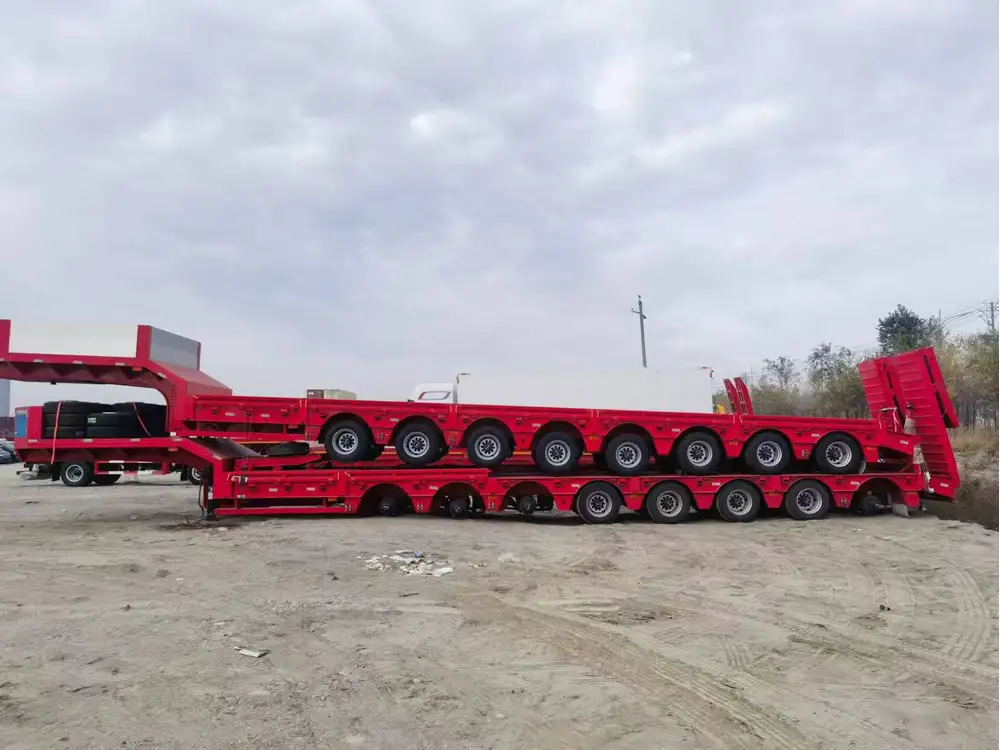
Handling Complaints and Feedback
Negative feedback is a chance for improvement. Adopt a customer-first approach:
- Listen to Concerns: Show empathy and ensure customers feel heard.
- Resolve Issues: Provide prompt solutions to rectify any issues to demonstrate commitment to customer satisfaction.
Scaling Your Business
Expanding Your Fleet and Services
As your business grows, consider diversifying your product range and services. Potential avenues include:
- Additional Equipment Rentals: Offering complementary equipment like excavators or skid steers.
- Long-Term Rentals: Provide options for extended rentals for contractors and businesses.
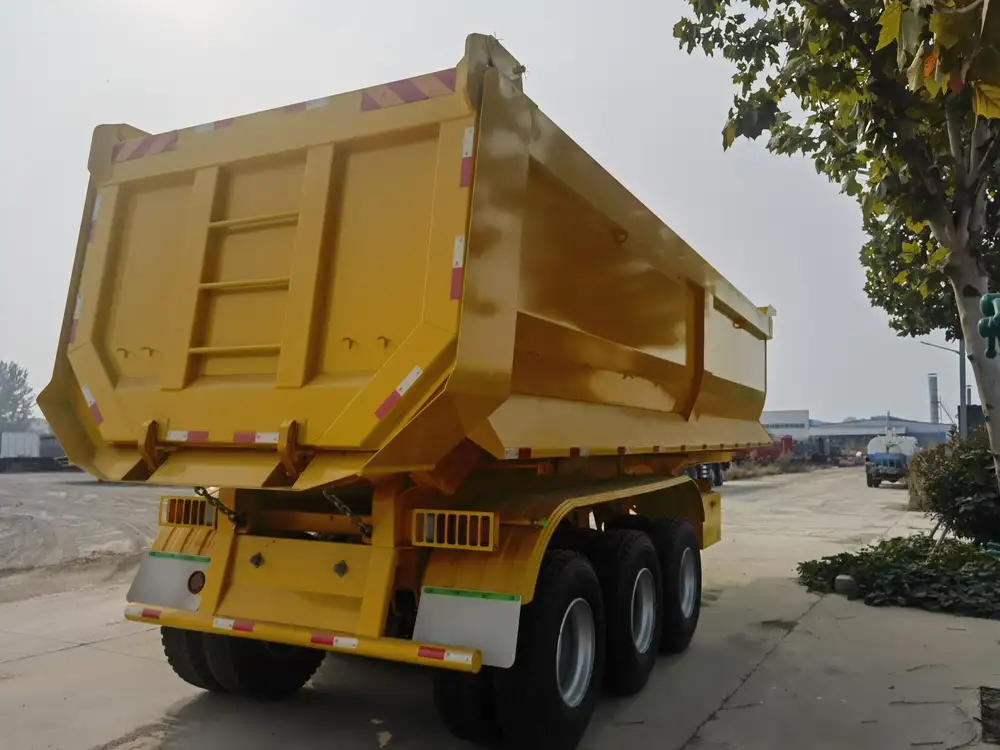
Exploring New Markets
Once you establish a successful foothold in your primary market, consider expanding your reach to neighboring areas.
Conclusion
Starting a dump trailer rental business presents an exciting opportunity in a thriving market. By understanding your target customer, adhering to legal requirements, crafting a strategic business plan, managing an optimal fleet, and implementing a robust marketing strategy, you can lay the groundwork for a successful venture. Prioritizing customer satisfaction and constantly seeking improvement will set your rental business apart and secure long-term success. As the industry continues to grow, positioning yourself as a reliable provider will ensure your business resonates with customers and flourishes.



